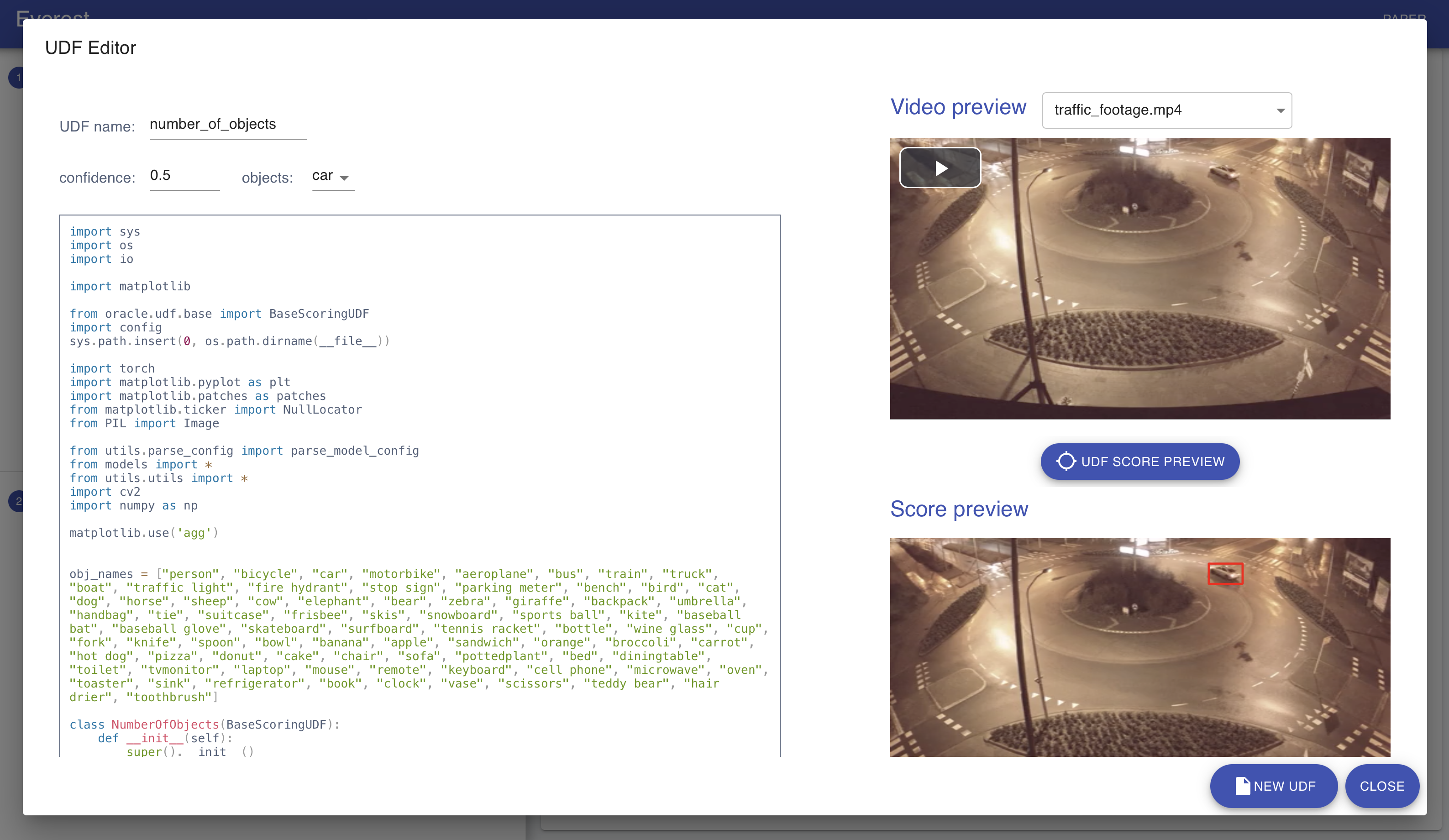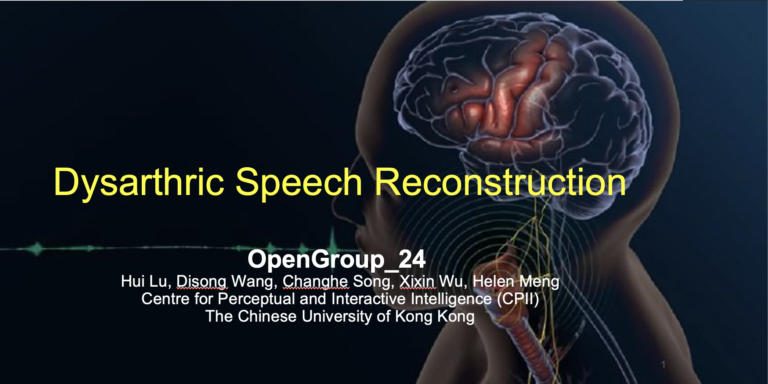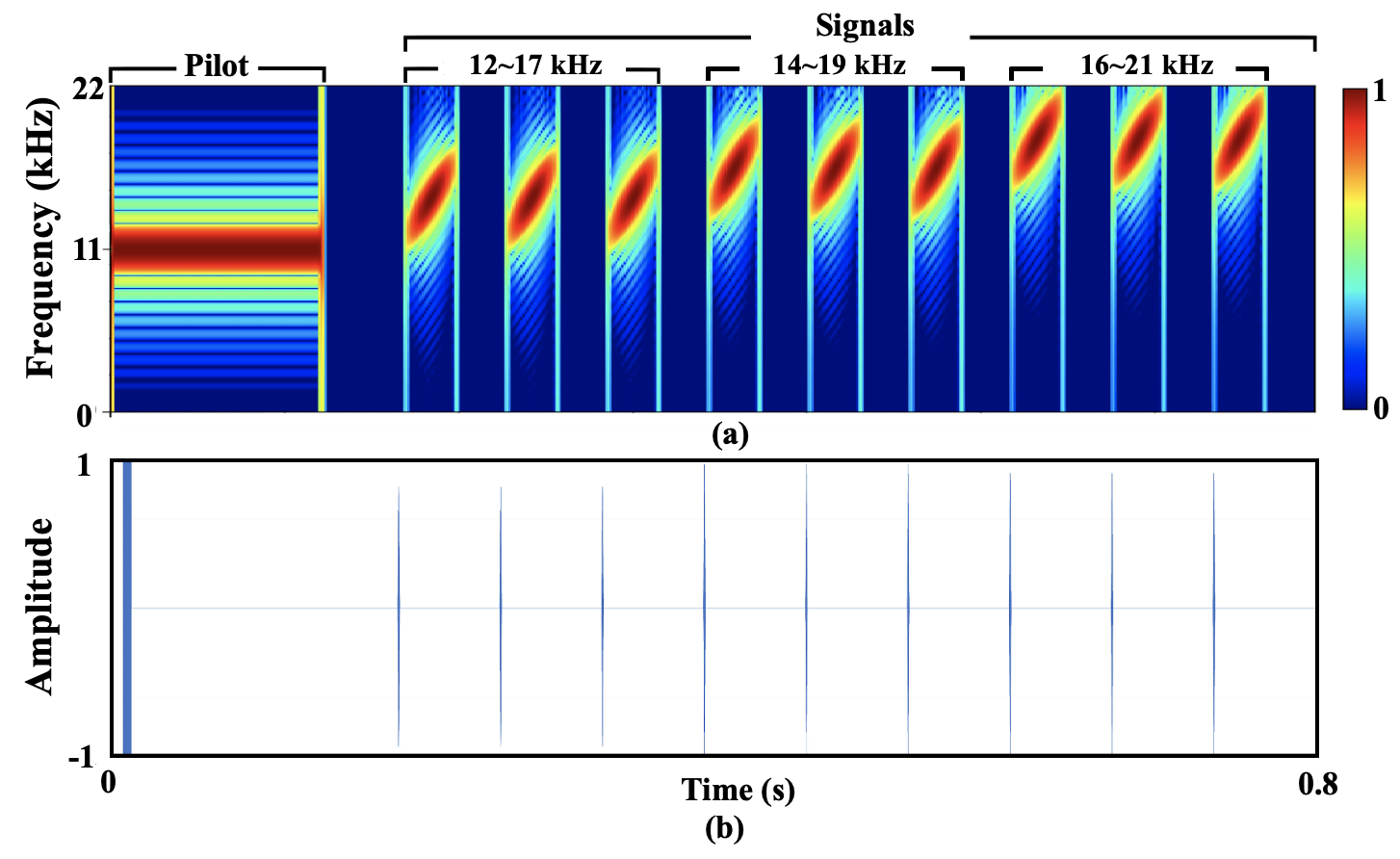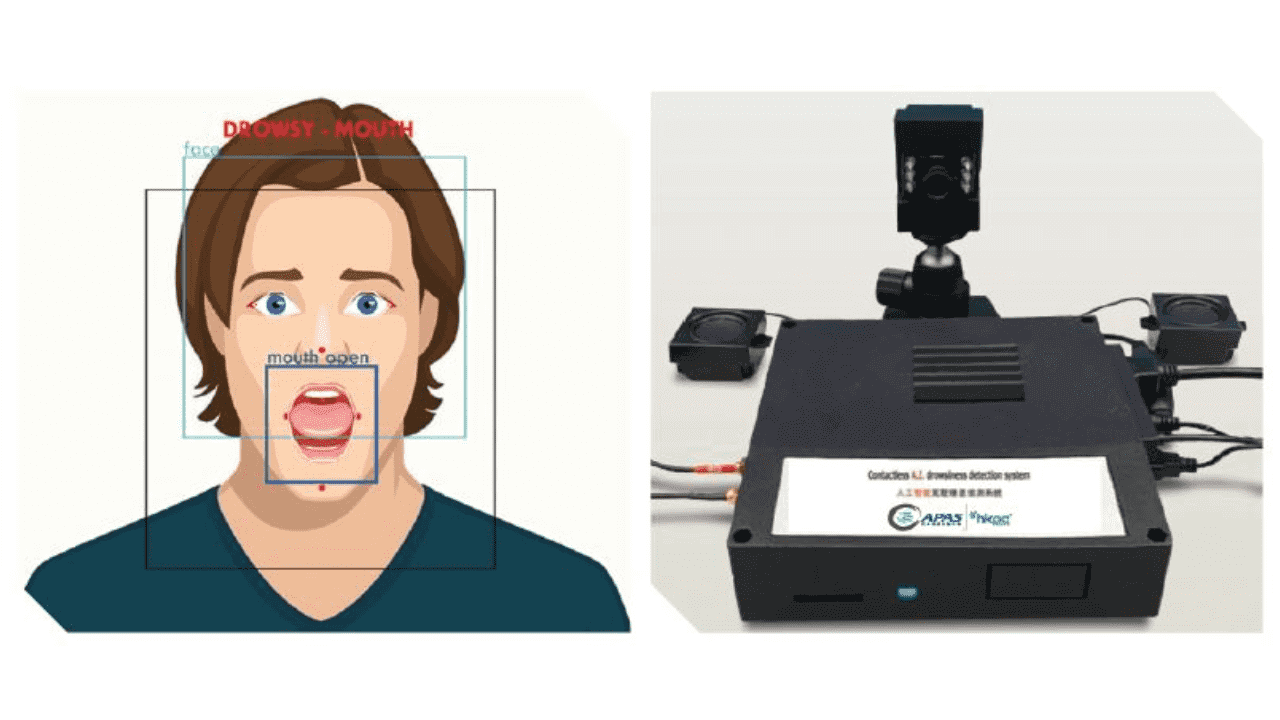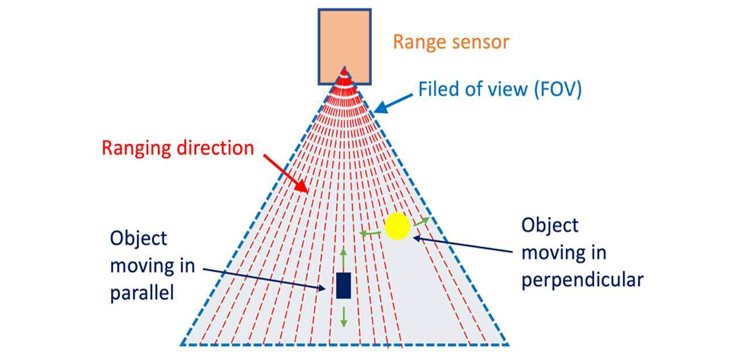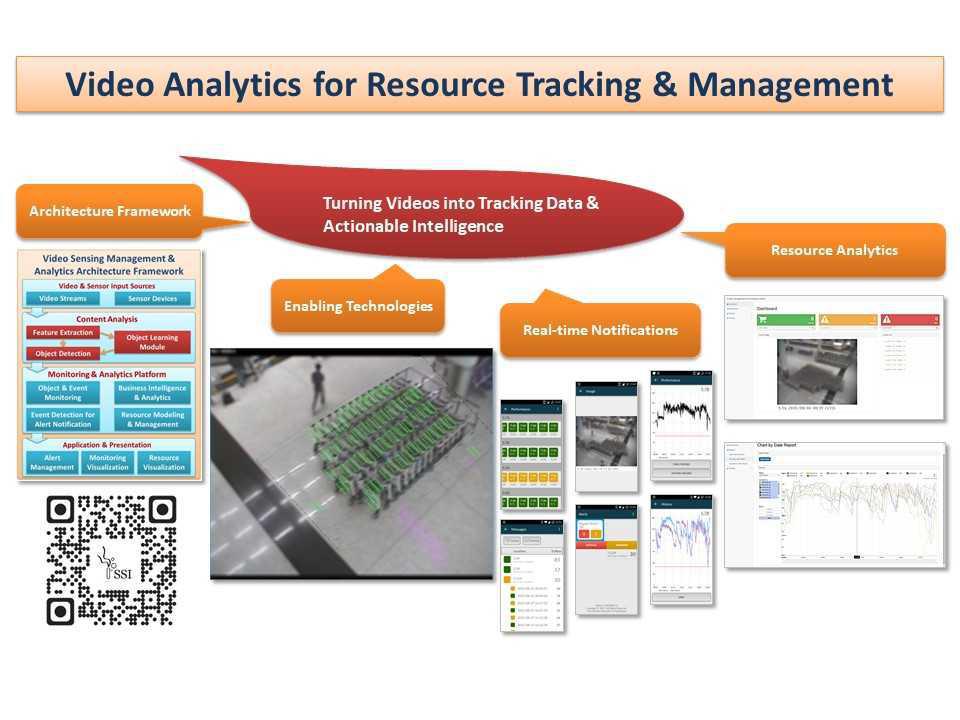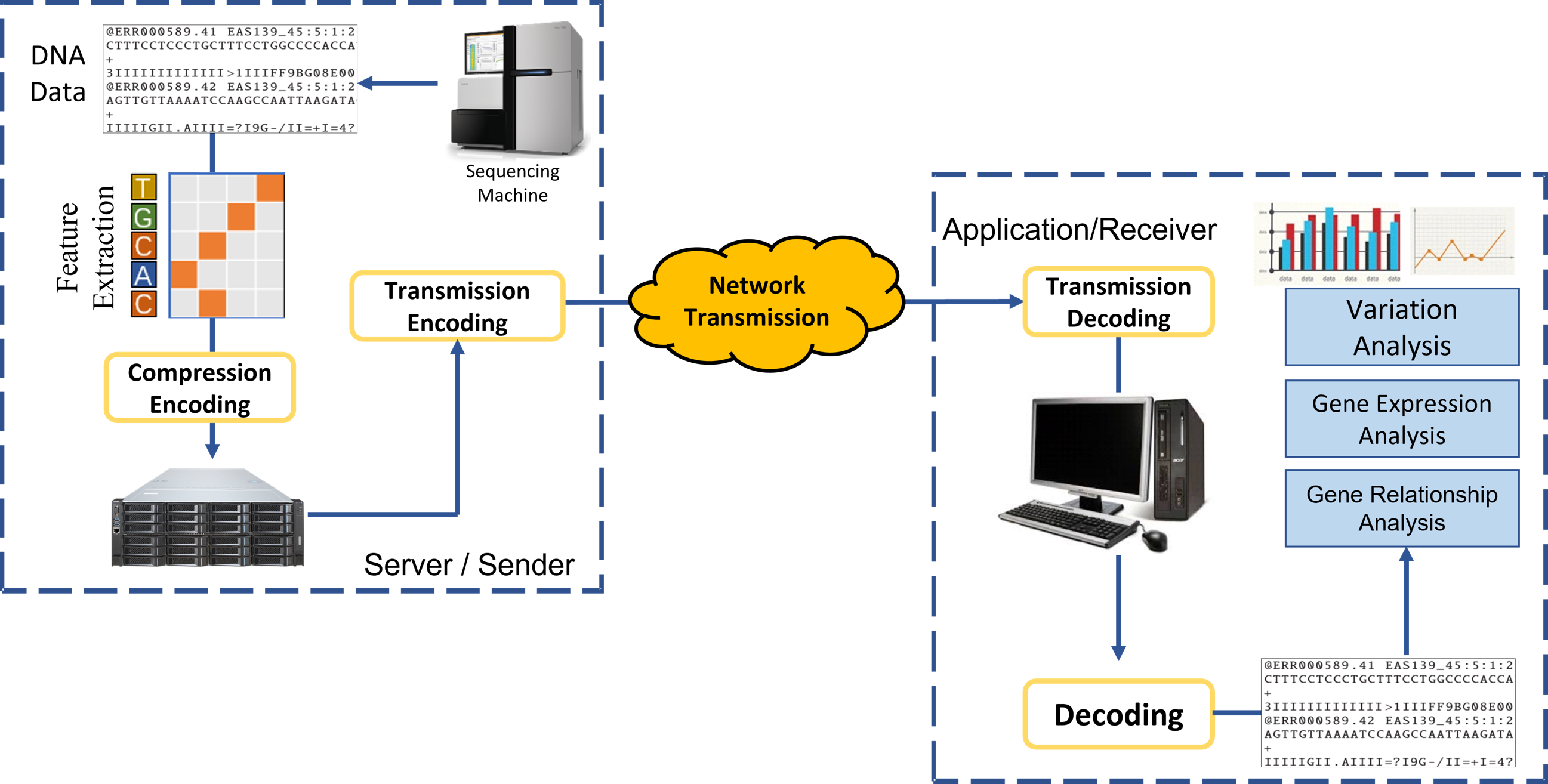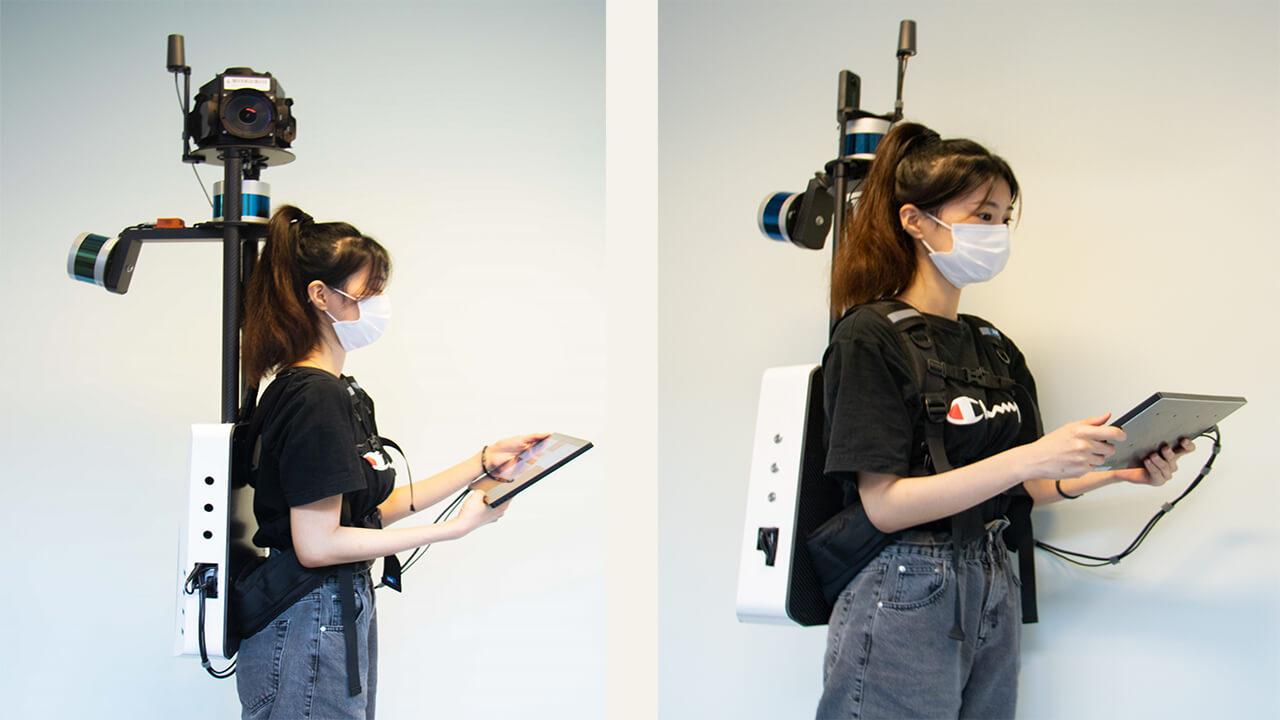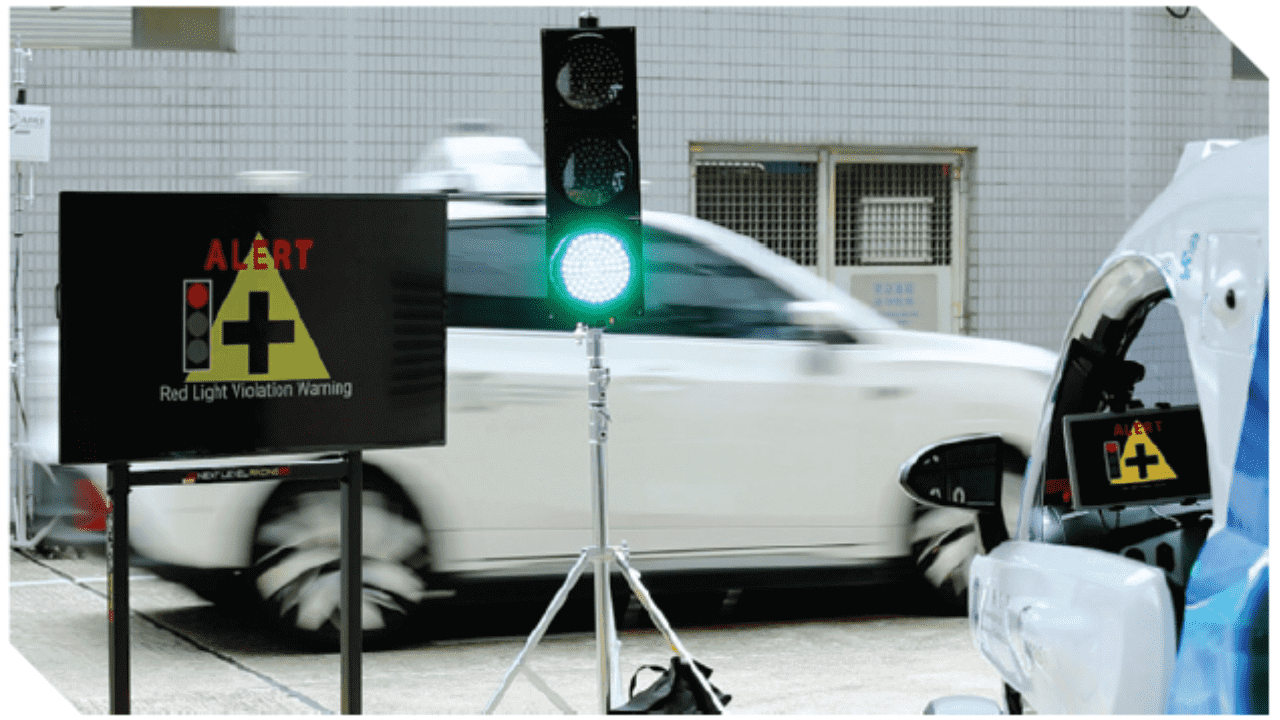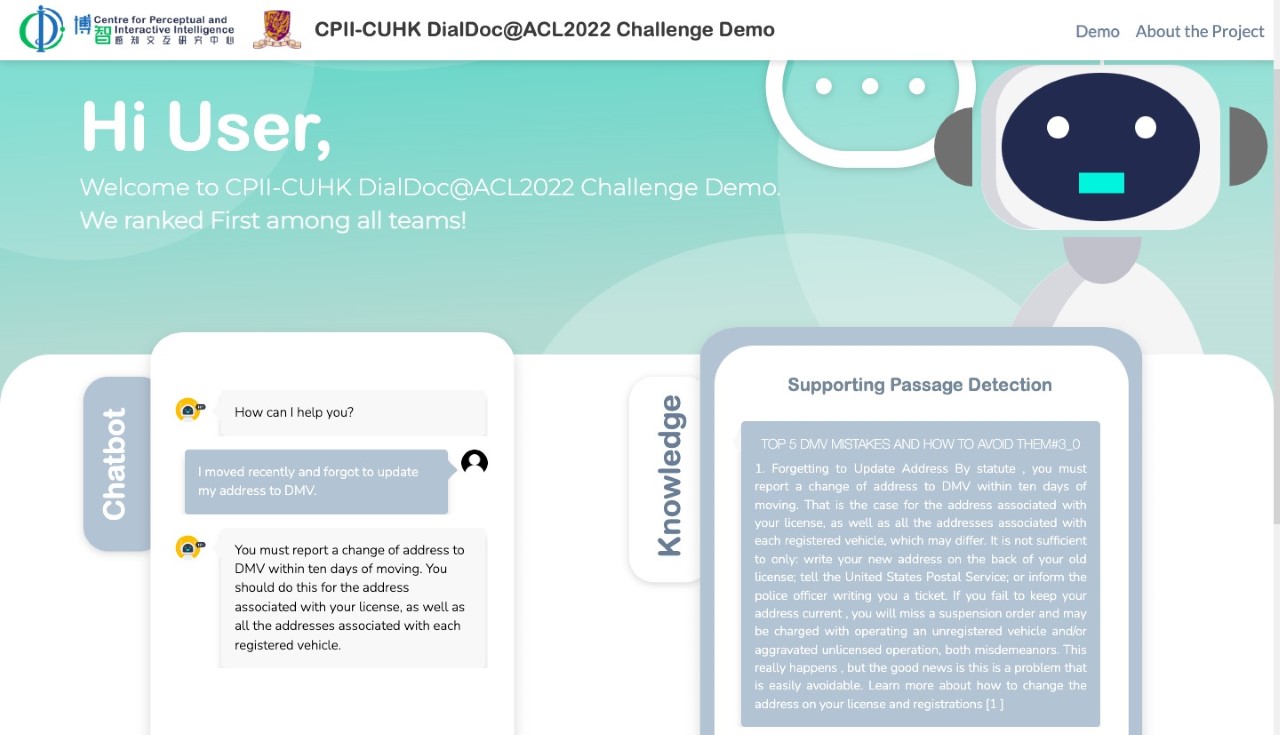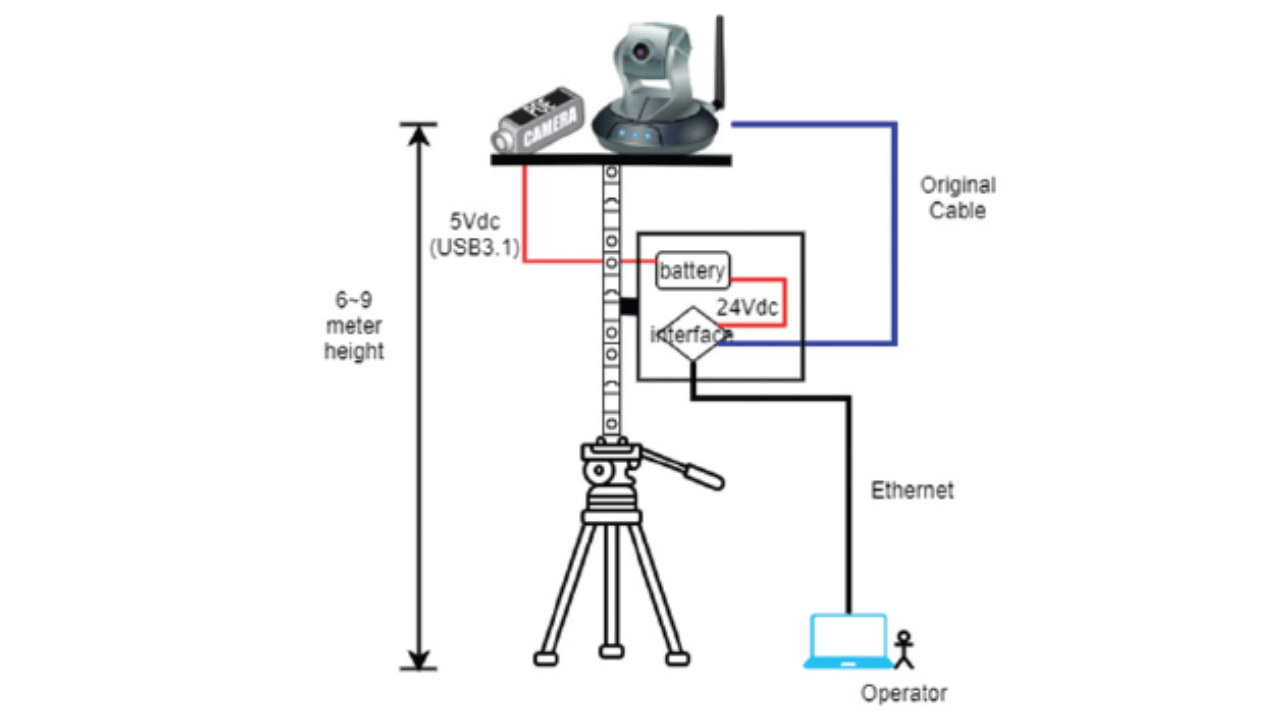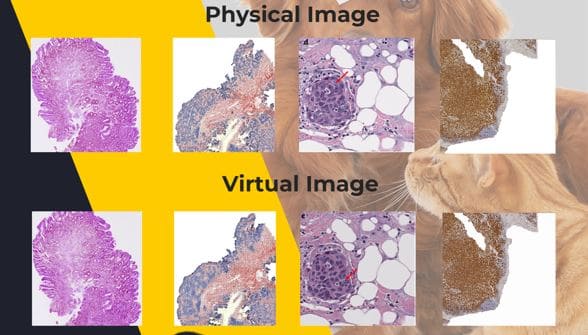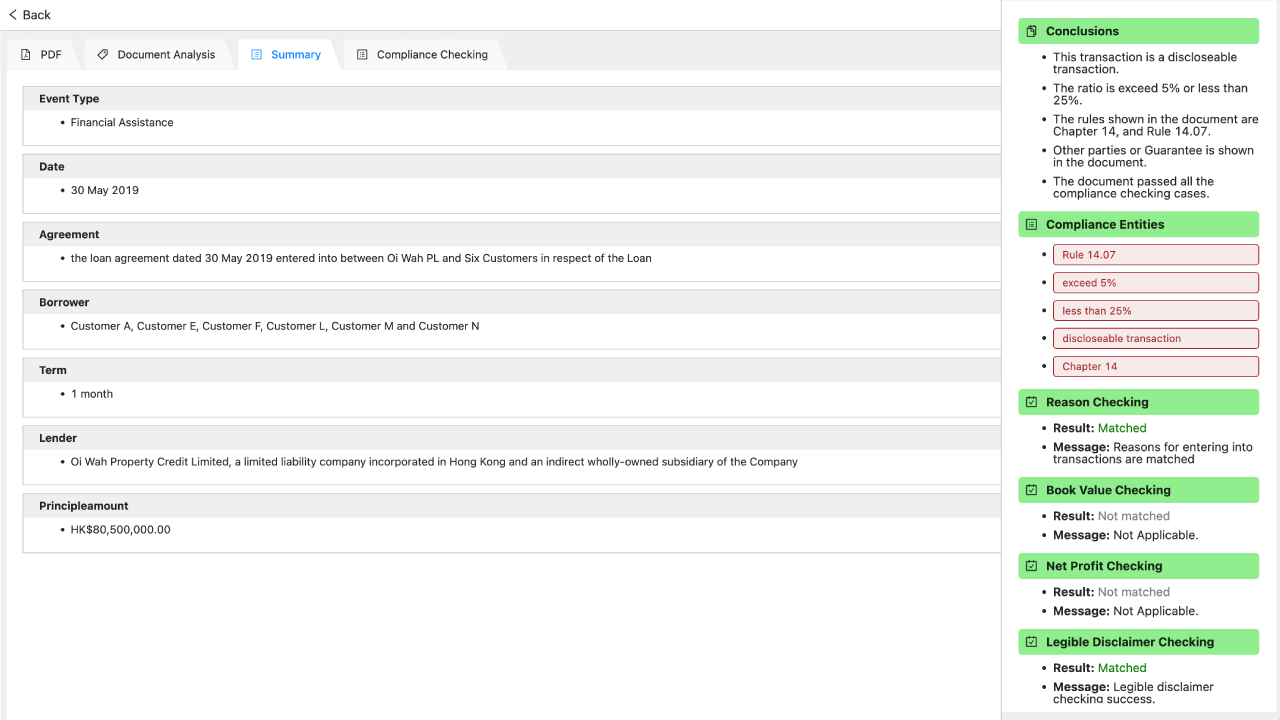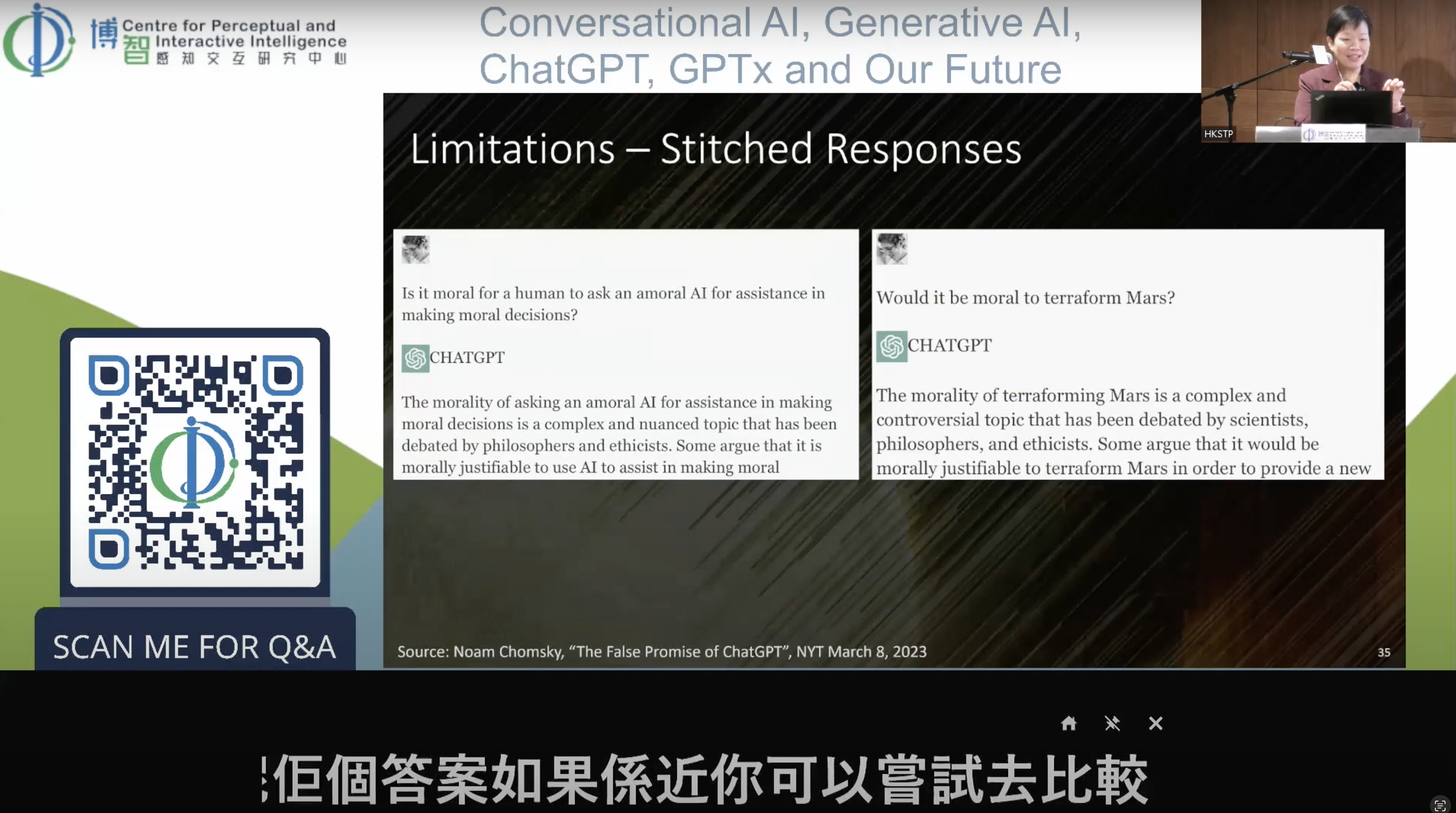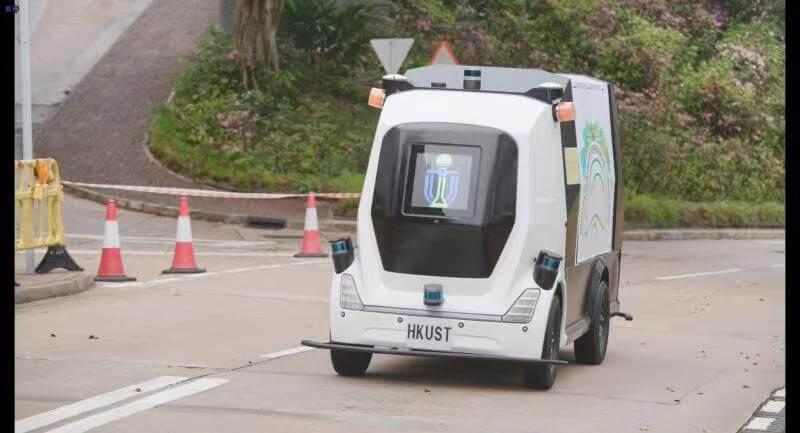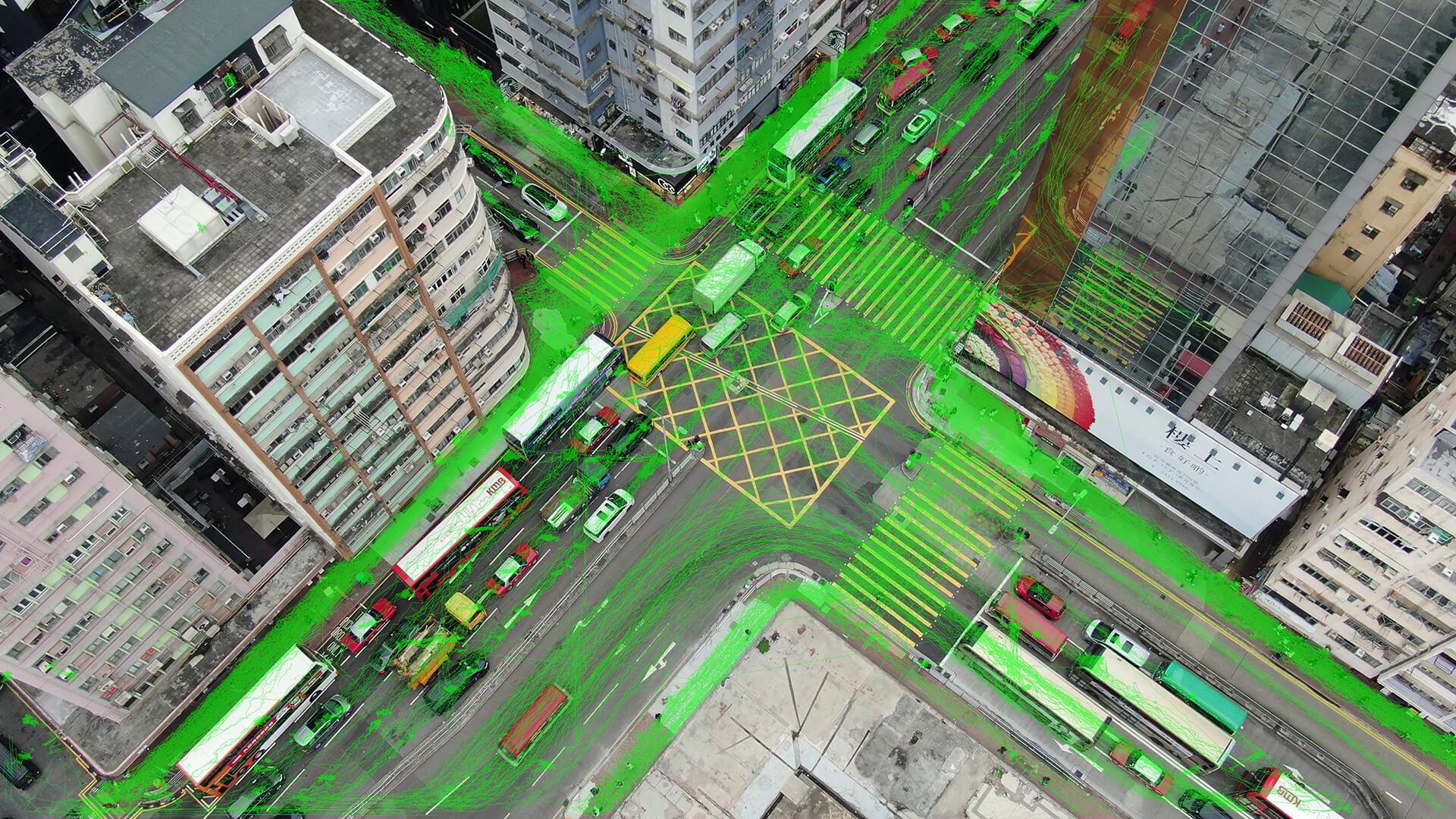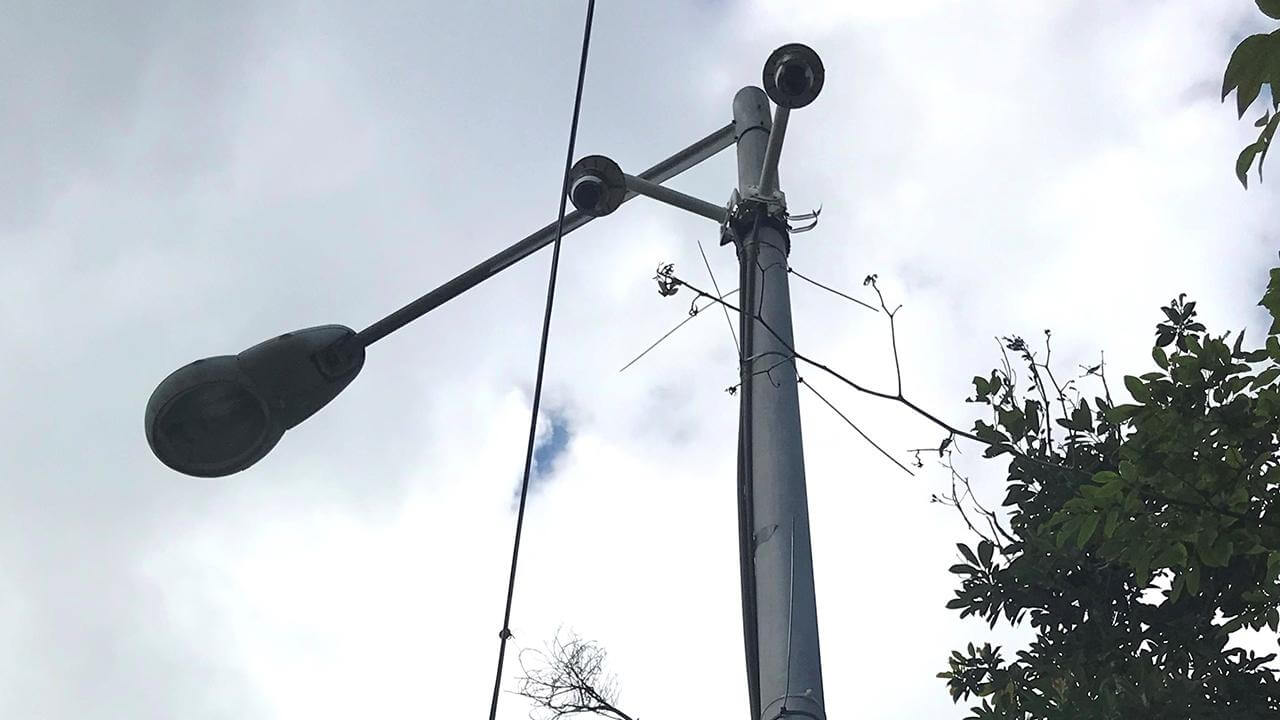
Everest: Fast Deep Video Analytics

Everest is a video analytics system based on deep learning. Different from other applications, Everest is programmable and can support different usages. This technology uses sophistical techniques to accelerate processing such that it enables interactive video analytics.
Object detection applications that are commonly used demand substantial time and GPU resources to process videos, which results in slow processing speeds and increased costs.
- Everest leverages sophisticated algorithms and probability theory to reduce the cost of using deep computer vision models.
- Everest is fully programmable and can be customized for a variety of tasks, eliminating the need for separate systems for different tasks.
- This technology enables users it to deliver results up to 10-20x faster (or equivalently, at 10-20x lower cost) than comparable systems that rely on GPUs.
- Everest has a wide range of use cases, including lost and found tracking for quickly locating misplaced items, sports analytics for real-time tactic reports during games.
- This technology can also be used in traffic planning for analyzing large volumes of traffic footage.
- SIGMOD Best Demo Paper Runner-Up
- Information of the award: https://cpii.hk/2022/06/05/acm-sigmod-2022/
- The system features a lost and found tracking function that enables quick location of misplaced belongings.
- The system can also be applied for sports analytics to generate real-time tactic reports during games.
- The system includes traffic planning function for analyzing large volumes of traffic footage
- With the one-click Programmable Controller, this system enables users to define 'Top-K' happy moments and quickly identify the most joyful parts in large volumes of traveling videos/vlogs.
Centre for Perceptual and Interactive Intelligence was established by The Chinese University of Hong Kong in 2020. Our Centre Director Professor Helen Meng and Principal Investigators have rich backgrounds in computer vision, multilingual speech and language technologies, natural language processing, and AI-enabled design automation.

